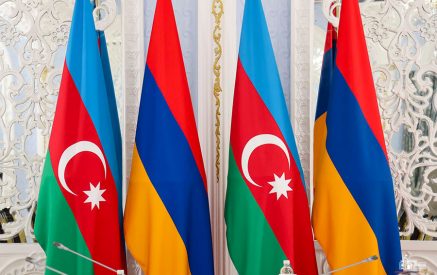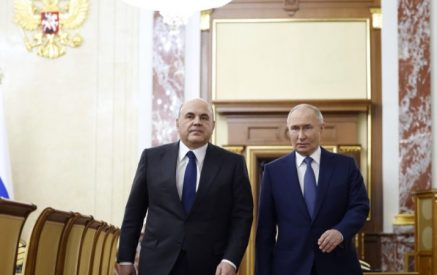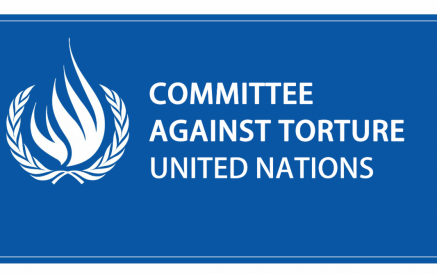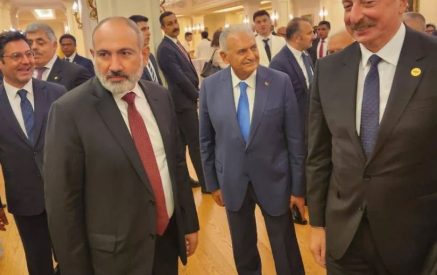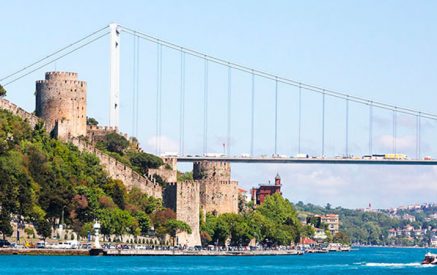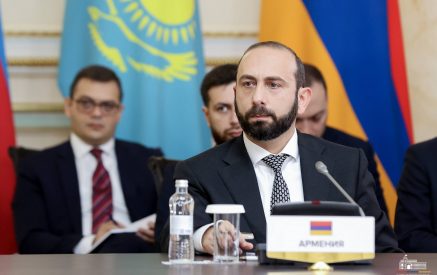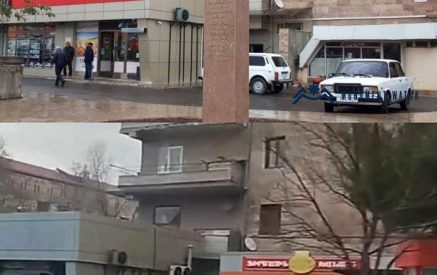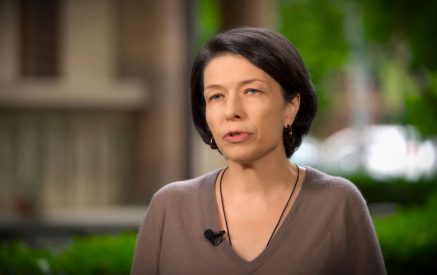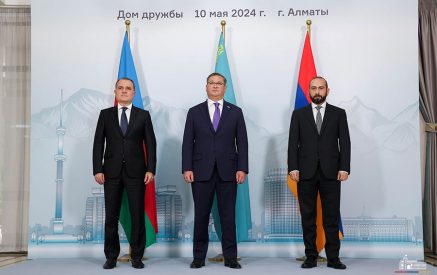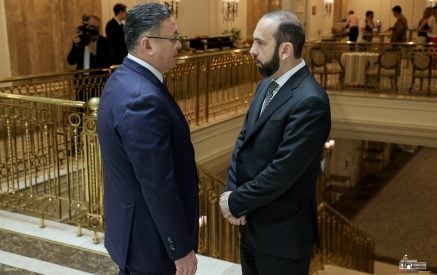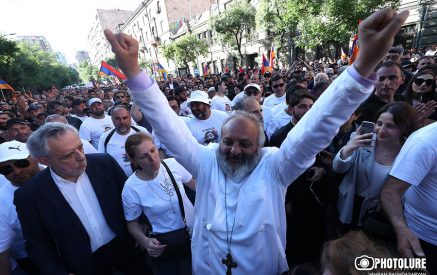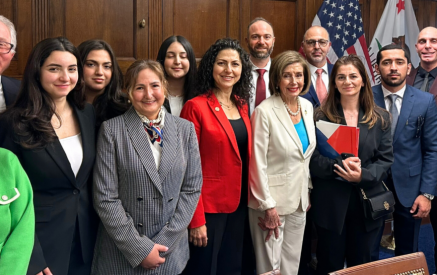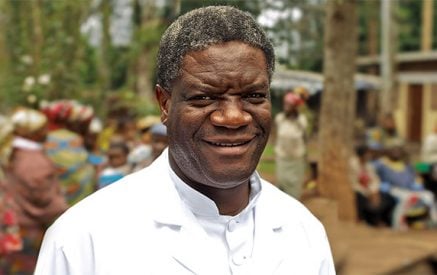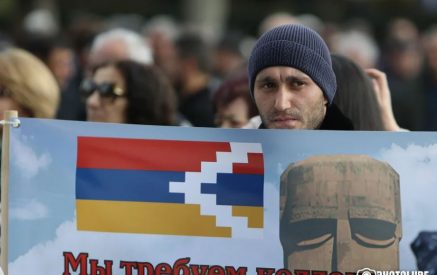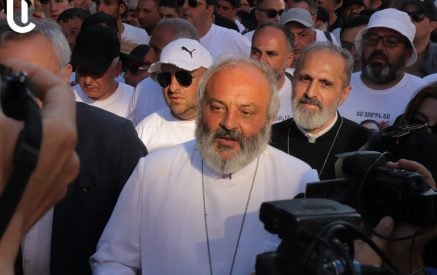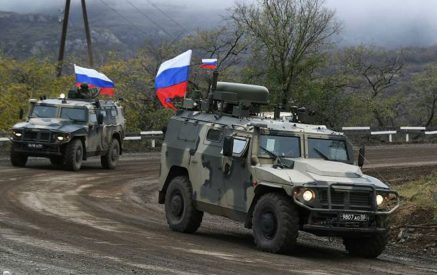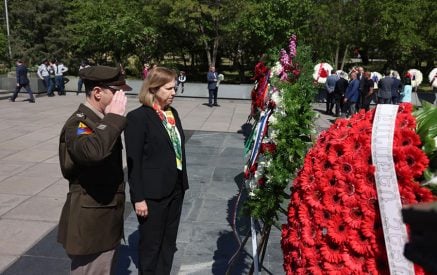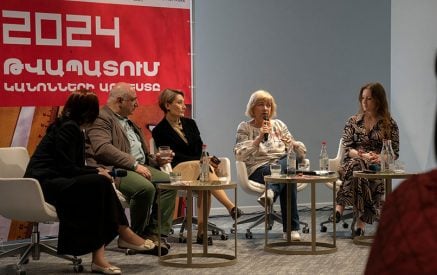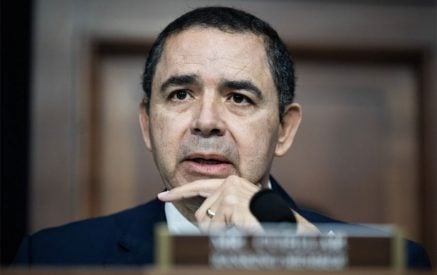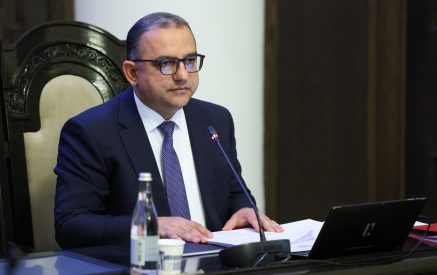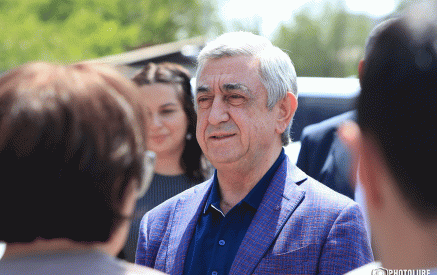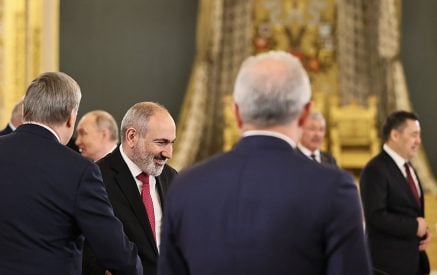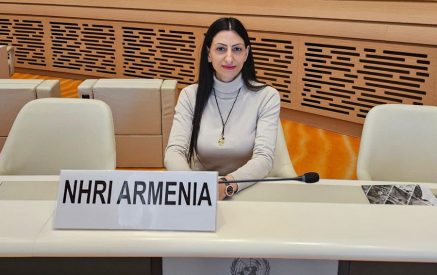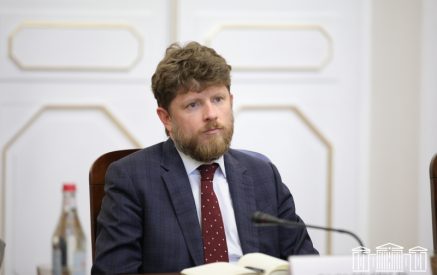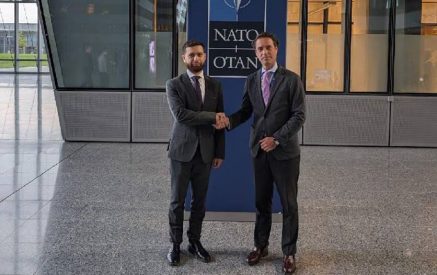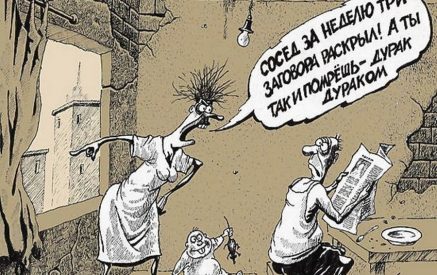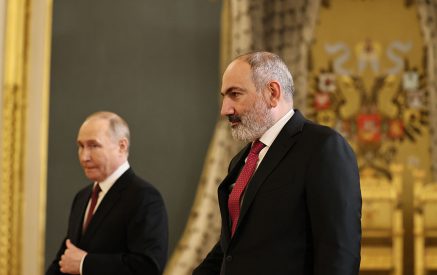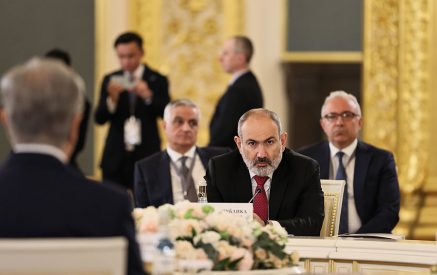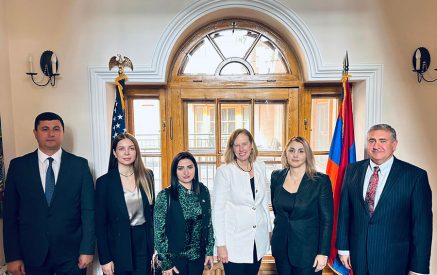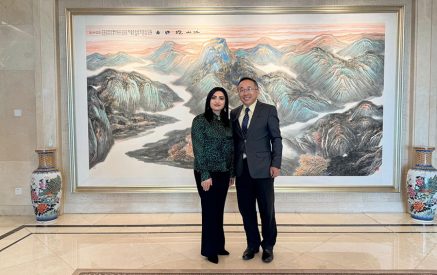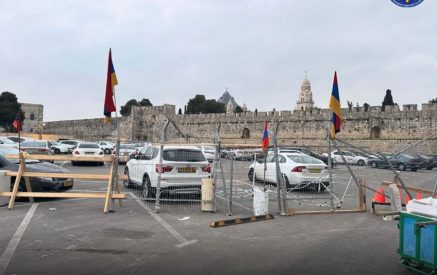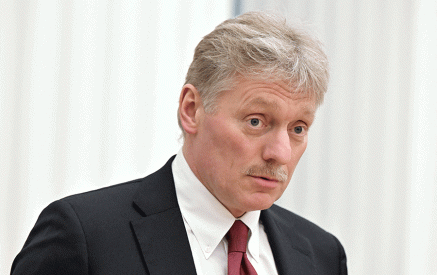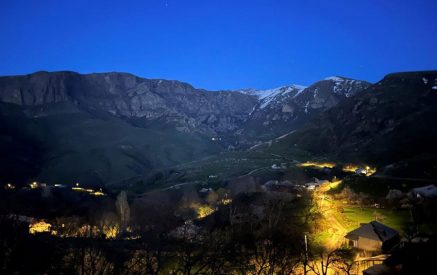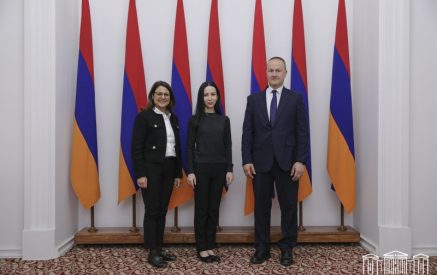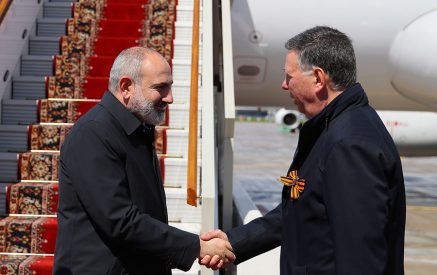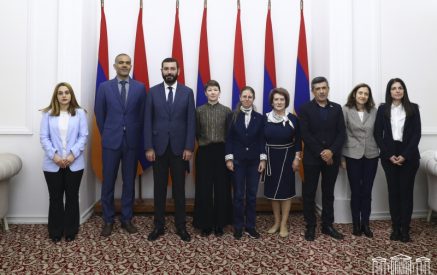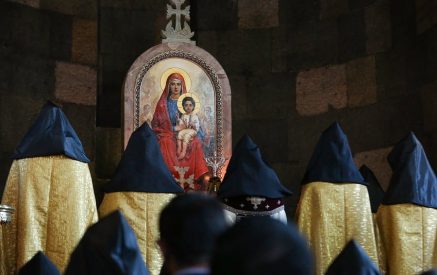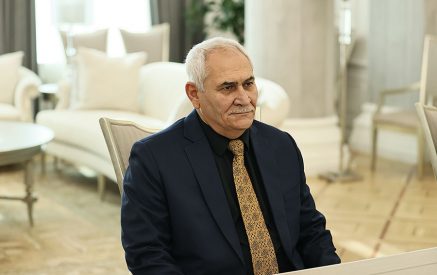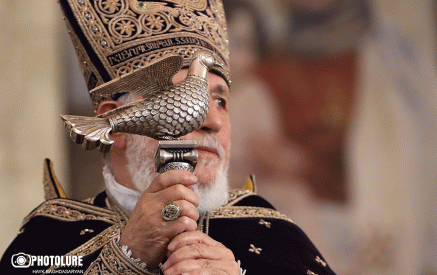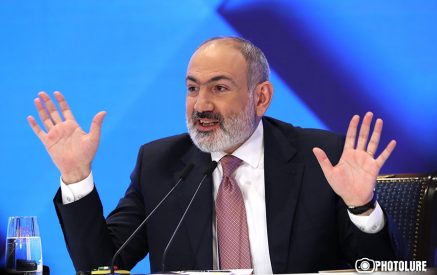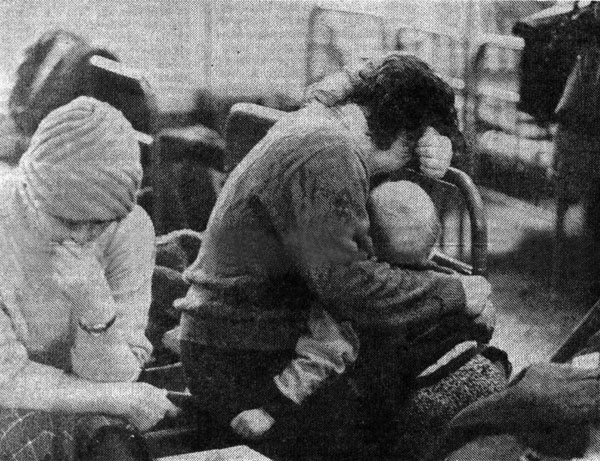The Human Rights Ombudsman Artak Beglaryan of the Republic of Artsakh (Nagorno-Karabakh) made a statement on the 29th anniversary of the Baku massacres of Armenians organized by Azerbaijan in 1990 January. The text of the statement is given below.
- In January 1990, the Azerbaijani city of Baku again became a tramp for continuously executing massacres against Armenians (third time after 1905 and 1918 massive massacres of Armenians), where, unlike other Azerbaijani settlements, a considerable number of Armenians were still living. After a crowded rally in Baku on January 13, according to a predefined plan, a crowd of about 50,000 was devided into groups and invaded the homes of Armenians in order to “clean” the city from Armenians.
- During the period from 13 to 20 January, the Armenians of Baku were subjected to violence, massacres, looting and forcible expulsion for their nationality, massively violating their rights to life, not to be tortured and discriminated, liberty and security, property, fair trial and many other rights. The exact number of the killed people is not known yet, but according to our latest research, over 450 people were killed.
- On the occasion of the massacres of Armenians in Baku and attacks on Getashen and other Armenian villages of Shahumyan region, on January 18 the European Parliament adopted a resolution titled “On the Situation in Armenia”, which called upon the authorities of the USSR to “guarantee real protection for the Armenian people living in Azerbaijan by sending forces to intervene.”
- Only on the night of January 20, the Soviet Army subdivisions were brought to the capital of the Azerbaijani SSR. Overcoming the fierce resistance of the Azerbaijani National Front troops, The Soviet army stopped the 7-days massacre of Armenians.
- On the July 27th, 1990, an open letter addressed to the international community was published in the New York Times. The letter was signed by 133 prominent scholars and human rights advocates from Europe, Canada and the USA, who voiced their complaint against the killings and pogroms of Armenians in Baku. It stated, particularly, that “The crimes committed against Armenian minority have become a consistent practice in Soviet Azerbaijan, if not an official policy.”
- That crime against humanity, organized by Azerbaijan in Baku, has accelerated and almost finished the full ethnic cleansing of the Armenian population in Azerbaijan. Within the framework of that ethnic cleansing, during 1988-1990 thousands of Armenians were killed and about 500,000 Armenians were deported from Azerbaijani Sumgait, Kirovabad and other cities as well as Nagorno-Karabakh Autonomous Oblast with knowledge and permission of the USSR authorities.
- In subsequent years (including during the 1991-1994 Azerbaijan-Karabakh war), Azerbaijan continued the policy of ethnic cleansing of Armenians, which, according to our analysis, is in full compliance with the legal formulation of the genocide perpetrated under the UN 1948 Convention on the Prevention and Punishment of the Crime of Genocide. Moreover, apart from the depatriation of hundreds of thousands of Azerbaijani Armenians, our research shows that their property, free movement and some other rights are continuously being violated, and many of them still have the physical, psychological, and material consequences of that policy.
- Those committed crimes have not received relevant legal assessment and have remained unpunished, which resulted also the realization of the official anti-Armenian hatred policy pursued by the Republic of Azerbaijan. The victims of that policy are not only Azerbaijani Armenians and the population of the Republic of Artsakh (Nagorno Karabakh), but also all Armenians worldwide, as well as, foreigners visiting Artsakh. As a reminder, the Artsakh Republic Human Rights Ombudsman published a special report in 2018 on the Azerbaijani anti-Armenian hatred policy, presenting concrete examples of its manifestation and relevant international law analysis.
- An active stage of manifestation of Armenophobia in the Azerbaijani society was also recorded in April 2016- during the large-scale attack on Artsakh by Azerbaijan. The Human Rights Ombudsman, within the framework of his fact-finding mission, in 2016, presented a report on killings, beheadings, tortures and other cases of war crimes and human rights violations against civilians and military servicemen of Artsakh. It is noteworthy that the Azerbaijani servicemen, who have committed such crimes, were later rewarded and encouraged by the Azerbaijani authorities.
- The Ombudsman urges the international community to give a proper legal assessment to the 1990 January acts of violence in Baku, in accordance with the fundamental principles and norms of international law, as well as taking action to end the ongoing anti-Armenian hatred policy. This path of racial hatred is not only contrary to the well-known principles of international law, but it also takes the two peoples away from conflict resolution and lasting peace.
The staff of the Human Rights Ombudsman of the Republic of Artsakh


